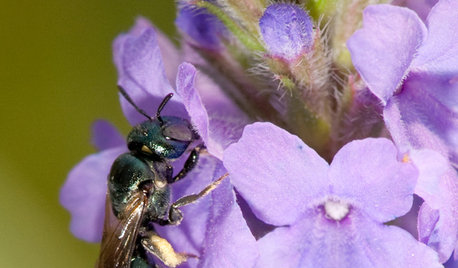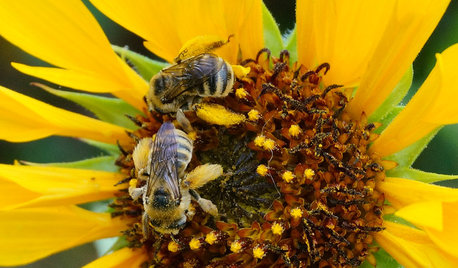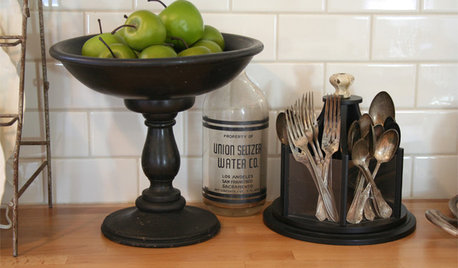Any organic solutions to get rid of carpenter bees?
garden_frog
17 years ago
Featured Answer
Sort by:Oldest
Comments (22)
username_5
17 years agogarden_frog
17 years agoRelated Professionals
Carson Landscape Architects & Landscape Designers · Fort Lee Landscape Architects & Landscape Designers · Marina Landscape Architects & Landscape Designers · Washington Landscape Architects & Landscape Designers · Peabody Landscape Contractors · Belmont Landscape Contractors · Clearlake Landscape Contractors · El Mirage Landscape Contractors · Eustis Landscape Contractors · Fairfield Landscape Contractors · Federal Way Landscape Contractors · Gresham Landscape Contractors · North Haven Landscape Contractors · Northbridge Landscape Contractors · Thornton Landscape Contractorsusername_5
17 years agolola1
17 years agofxbellini_gmail_com
12 years agokimmq
8 years agoSandy Tracey
8 years agoheretogiveahelpinghand
8 years agosylvia635
8 years agokimmq
8 years agoBarbJP 15-16/9B CA Bay Area
8 years agoheretogiveahelpinghand
8 years agoAdam Scott
7 years agoMike Ryan
7 years agokimmq
7 years agochristinaschur
7 years agolast modified: 7 years agokimmq
7 years agolast modified: 7 years agoPagan
7 years agorhizo_1 (North AL) zone 7
7 years agolast modified: 7 years agoPagan
7 years agoHudson Valley NY (zone 5)
7 years agolast modified: 7 years ago
Related Stories

GARDENING AND LANDSCAPING4 Good Ways to Get Rid of Mosquitos in Your Yard
Stay safe from West Nile virus and put an end to irksome itches with these tools and methods for a porch, patio or yard
Full Story
MOST POPULARHow to Get Rid of Those Pesky Summer Fruit Flies
Learn what fruit flies are, how to prevent them and how to get rid of them in your home
Full Story
EDIBLE GARDENSNatural Ways to Get Rid of Weeds in Your Garden
Use these techniques to help prevent the spread of weeds and to learn about your soil
Full Story
DECLUTTERINGDownsizing Help: How to Get Rid of Your Extra Stuff
Sell, consign, donate? We walk you through the options so you can sail through scaling down
Full Story
GARDENING GUIDESSmall Carpenter Bees Are Looking for a Home in Your Plant Stems
Provide flowers and nesting sites in your garden for this beautiful, tiny, metallic blue wild bee — your plants will thank you
Full Story
EARTH DAY12 Entertaining ‘Bee-haviors’ of Native Bees
The parade of pollinator antics is another reason to create a garden that nurtures native bees
Full Story
KITCHEN DESIGNGet Organized: Rethink the Silverware Drawer
Keep your knives and forks clean and organized with two easy storage ideas
Full Story
CLOSETSSimple Ways to Get Your Closet Organized Right Now
Streamline your clothing storage with strategies you can implement in a weekend
Full Story
EARTH DAYHow to Design a Garden for Native Bees
Create a garden that not only looks beautiful but also nurtures native bees — and helps other wildlife in the process
Full Story
ORGANIZINGHouzz Call: Show Us How You're Getting Organized
If you’ve found successful ways to declutter and create order at home, we want to hear about it. Share your ideas and photos!
Full Story






heretogiveahelpinghand